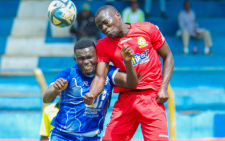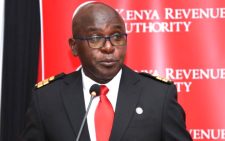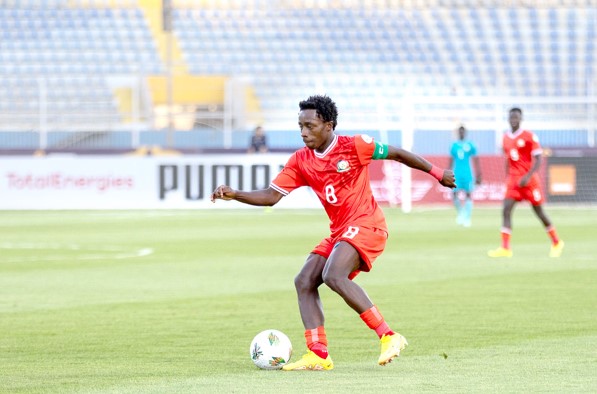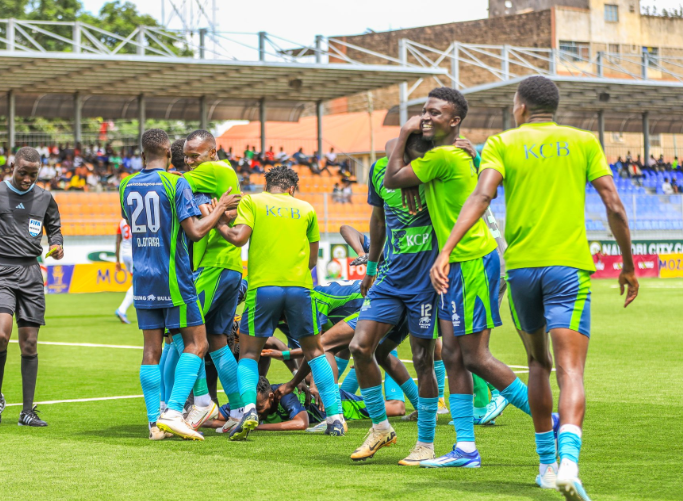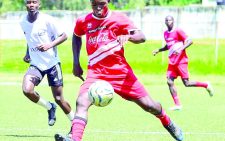Veteran sports doctor Suleh urges clubs to prioritize players’ health, to avoid field death
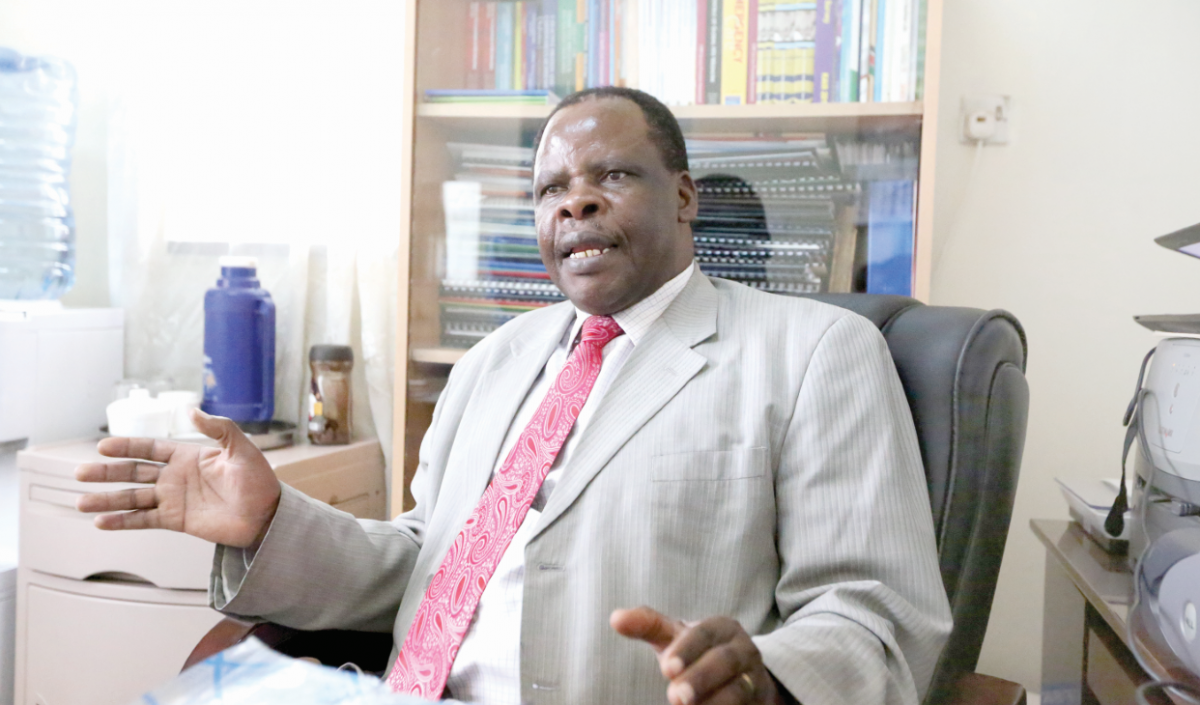
It is all system-go to yet another football season in the country. Clubs are busy in the transfer market to bolster their squads ahead of the new campaign.
Going to the opening fixtures and the continuing pre-season preparations, there is a need for clubs to prioritize the health of their players according to Dr Andrew Juma Suleh.
Dr Suleh, a Consultant Physician for Sports Medicine has noted with concern how some clubs have taken lightly the issues of health care of the players and therefore the country could be staring at a disaster incase of a medical emergency especially those related to heart problems.
His concerns come in the back drop of former Gor Mahia and Sofapaka player Raphael Asudi’s death on Sunday during a friendly match in Thika, where there was lack of proper medical personel to save his life.
While almost everyone in the local football ecosystem agrees that matters of health of the players and technicality of officials are vital, the actualization on the ground is always an issue of push and pull.
“You know by word of mouth everybody agrees that the physical well-being of the play is of importance but the problem comes in at the implementation stage when it has got a financial implication. It becomes just a wish or a dream. Like for example even when somebody is advised to procure an ambulance, many can’t afford that, that is the starting point. And when clubs are put together to be educated about this subject of players’ medical there are usually some costs,” Dr Suleh told People Daily sport.
The doctor wondered why it has been difficult for clubs to conduct medical tests to players before completing transfer moves.
“Have you ever had news in Kenya that a certain player is moving from one club to another and he or she is subject to medical? Recently a Chelsea player was unable to sign for a Saudi club because he failed a medical test. Can we reach there?
“Treating sudden cardiac attack on the pitch is very difficult. It requires very elaborate medical infrastructure which includes equipment, consumables and expertise.”
Football Kenya Federation Secretary General Barry Otieno says clubs have individual responsibility to care for the medical welfare of its players as stipulated by Club Licensing regulations.
“When you sign a player as a club then you have to check if he has injuries, his history and we did not design contracts for players but Club Licensing requires all the players to have medical cover. It is not our business to do medical tests for players.

